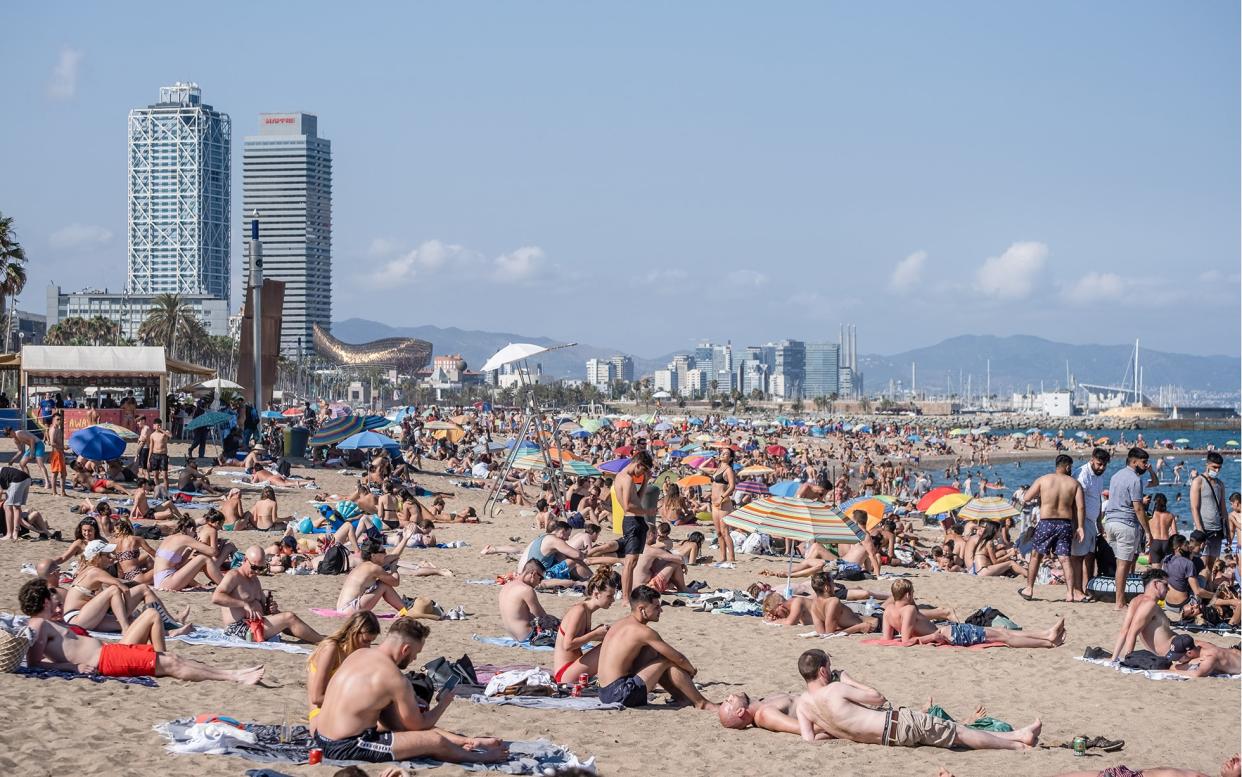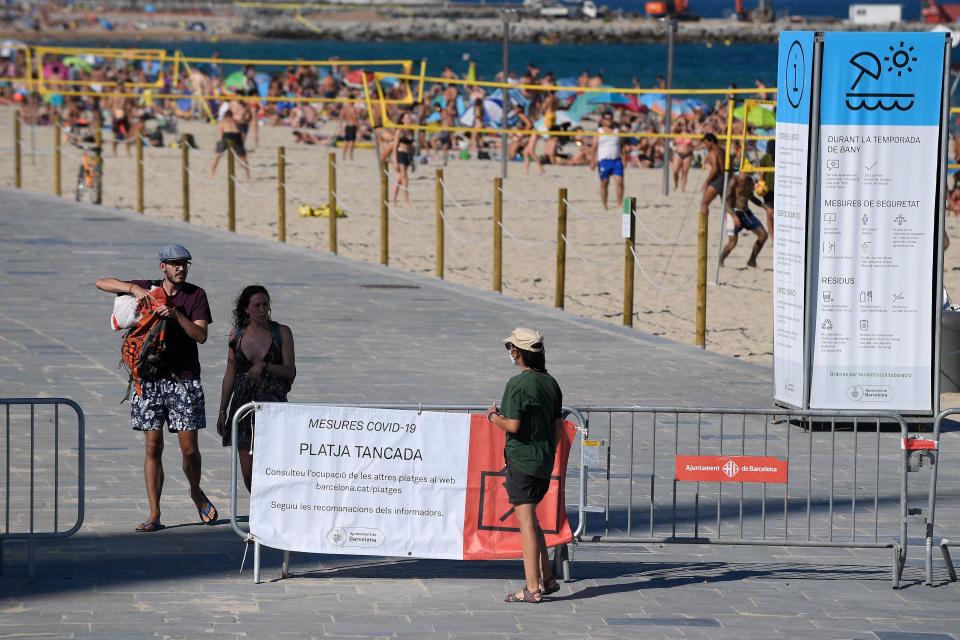'It was always going to backfire': a postcard from Barcelona's second lockdown

‘Barcelona plunged into second lockdown!’ screamed the headlines on Saturday morning. ‘Covid cases soar to 884 in the Catalan capital!’ The truth, as always, was rather less explosive.
After three months enduring one of the world’s tightest lockdowns and with a total death toll of more than 28,000, Spain not only flattened its curve, but managed to bring the number of cases down to a couple of hundred a day by the beginning of June. Since then, however, the ‘new normality’ has seen the country let its guard down, with many of the initial hygiene measures all but abandoned.
Which brings us to Friday, when Catalunya’s regional government warned that things were not going entirely to plan. The numbers are still low, however – that widely quoted figure of 884 turns out to include positive antibody tests (in other words, includes those who may have recovered from the virus some time ago), and refers not to Barcelona, but to its ‘metropolitan area’ – a region that comprises 36 towns and cities.
For all that, the authorities are understandably concerned about a spike in cases, particularly as we enter peak tourist season, and urged residents to stay at home if they can, avoiding non-essential trips. The local government specifically asked people not to travel to their second homes this weekend.
Catalans have an exceptionally high rate of second-home ownership, and Friday evenings in summer see huge tailbacks as barcelonins leave town for their coastal flats. Despite the government’s declaration, last Friday was no exception.

“The problem with asking people not to leave town because we might be looking at a second lockdown, is that they will see it as potentially their last chance for a weekend away,” said Ana Rodríguez, a Catalan health worker. “It was always going to backfire.”
Other recommendations were similarly ignored by most. “I think perhaps there are fewer people in the bars and restaurants than last week,” said Sean O’Flynn, visiting from Dublin for a couple of weeks, “but people are just taking it as a suggestion rather than a rule. I won’t let it affect my plans, but I am being more cautious. Washing my hands more, using more gel.”
Other tourists are keeping a close eye on the news for developments. “If there is a complete lockdown, I will probably head back to Britain earlier,” said Ross Stow, from London. “Up until now I haven’t noticed much of a change. The beaches are still pretty busy, and I still see plenty of people not wearing a mask.”
Masks have been obligatory in Catalunya since July 10, with fines of €100 for anyone caught without one. The legislation was grudgingly accepted at first, but is now assimilated into what is being called the ‘nueva normalidad’. “The problem with advisory measures,” says Ross, “is that they are divisive. All they really achieve is that they set up conflict. And telling people they should stay at home sits very strangely with the fact that everything is still open.”
He may not have to wait much longer for recommendations to become restrictions, however. According to the head of Catalunya’s Covid-19 monitoring unit, Jacobo Mendioroz, “If people don’t respect the recommendations… we really have no other tools [than lockdown] we can use to protect them.”


